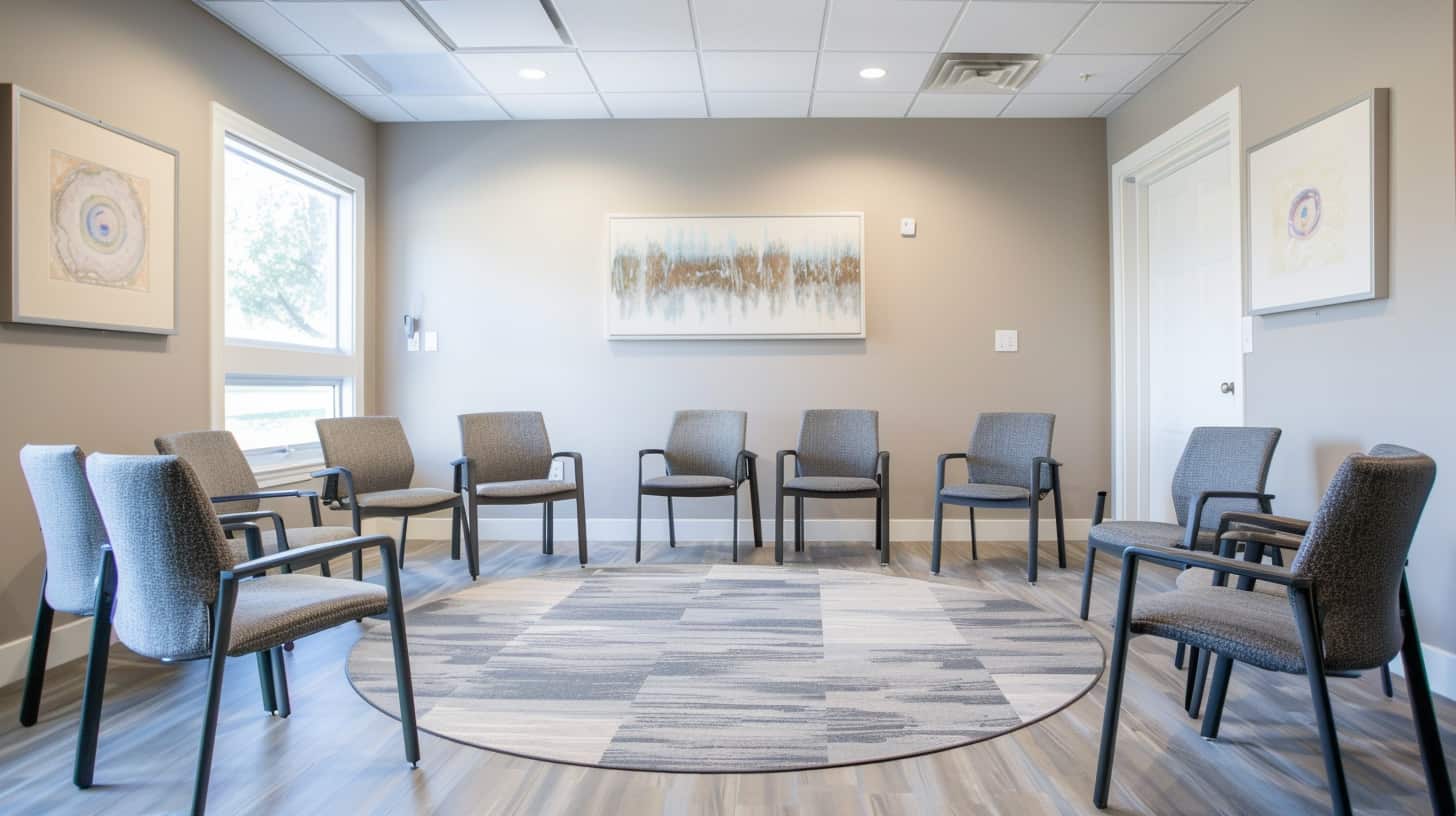Are you wondering what is IOP for addiction treatment? Or maybe considering an Intensive Outpatient Program for yourself or someone you love? Brilliant! Let’s cut through the jargon and the clinical stuff to address some common questions. Whether you’re just curious or seriously contemplating this route, knowing more can certainly help.
Here we go over Intensive Outpatient Programs (IOP) for addiction treatment, providing answers to ten common questions about IOP. It helps individuals understand what IOP involves, who it’s best suited for, and how it compares to other treatment options.
1. What Is IOP?
Let’s start with the basics. An Intensive Outpatient Program, or IOP, is a structured treatment option for addiction and other disorders that doesn’t require you to pack a suitcase and move in.
Instead, you attend several sessions per week, usually lasting a few hours each, at a treatment facility. It’s rigorous enough to be effective but flexible enough to let you maintain a semblance of your normal life.
2. How does IOP fit into the grand scheme of things?
What is IOP? Think of IOP as the middle child between inpatient care (residential treatment) and traditional outpatient services. It’s more comprehensive than popping into a therapist’s office once a week but less all-consuming than full-blown rehab. IOP offers therapy, support groups, and sometimes even medication management, all while you continue to live at home.
3. Who would benefit most from IOP?
Not everyone is suited for the freedom of IOP. But it can work for those who have a stable living situation and a solid support system. If you can handle a good chunk of responsibility but need more support than your average outpatient care, IOP might just be the right option.

4. What is IOP time commitment like?
Here’s where IOP asks for your time but not your soul. Typically, you’re looking at about 10 to 15 hours a week split over several days. Yes, it’s a commitment, but it’s structured to allow you to keep working or caring for your family, which is often crucial for long-term recovery. What is IOP? It’s successful treatment without giving up your other commitments.
5. Can I work during IOP?
Absolutely, and that’s the beauty of it! What is IOP? It is treatment designed to mesh with the rhythm of your everyday life. So, you can work, attend school, or commandeer the family taxi service in the afternoons. However, it will require some juggling and clear communication with your employer or school.
6. What kinds of therapies are involved?
IOP isn’t just sitting around talking about your feelings—although that’s part of it. You’ll experience a mix of individual counseling, group therapy, and possibly family therapy. The methods might include Cognitive Behavioral Therapy (CBT), Dialectical Behavior Therapy (DBT), and other evidence-based practices that help you tackle the underlying issues of addiction.
7. How effective is IOP compared to other forms of treatment?
Studies show that IOP can be just as effective as inpatient programs for many people, especially when followed by ongoing outpatient care.
The key is the intensity and support level, which are high enough to foster significant progress but tailored to integrate into your daily life.
8. Will my insurance cover this?
Many insurance plans do cover IOP, but this is where you’ll need to put on your detective hat and investigate. Coverage can vary widely depending on your plan and provider. A call to your insurance company can clarify what’s covered and what your out-of-pocket costs might be.
At EagleCrest Recovery, we actually have folks who can do this for you. Give us a call, and we can track down the info for you: 844-439-7627.
9. What should I look for in a quality IOP?
Firstly, check for accreditation and licensed staff—these are non-negotiable for quality care. Also, consider the types of therapy offered and whether the program includes support for co-occurring disorders, such as depression or anxiety, which often accompany addiction.
10. How do I know if IOP is the right choice for me?
Deciding on IOP involves self-reflection and maybe a bit of consultation with those you trust, including medical professionals. Consider your current support system, daily responsibilities, and the severity of your situation.
If you need structured help without total disruption to your life, IOP could be a perfect fit.
Call for More IOP Information Today
If you’re considering an IOP and need guidance, or if you have more questions about whether it’s the right fit for you, don’t hesitate to reach out.
Contact EagleCrest Recovery at 844-439-7627 today. Our dedicated team is ready to support you on your journey towards recovery.


